- Your cart is empty
- Continue Shopping
Amtas-AT 25 Tablet is a medication used for managing high blood pressure and chest pain related to the heart (angina). It combines two medicines that work together to control blood pressure when a single medicine alone is not sufficient. By lowering blood pressure, it helps decrease the risk of severe heart problems such as heart attacks and strokes.
You can take this tablet with or without food, but it is important to take it at the same time every day to maintain consistent levels in your body. Continue using it as prescribed, even if you feel well, since high blood pressure usually does not cause noticeable symptoms. Stopping the medication suddenly can make your condition worse. Along with taking this medicine, following a healthy lifestyle that includes regular exercise, a balanced diet, and weight management will improve its effectiveness.
Some common side effects include headache, a slower heart rate, swelling, nausea, and tiredness. You may also feel dizzy, so avoid driving or doing activities that need full concentration until you know how the medicine affects you. In some cases, it can raise potassium levels, so avoid foods or supplements rich in potassium unless advised by your doctor. Regular check-ups to monitor your blood pressure, kidney function, and electrolyte levels may be necessary.
Before starting this medicine, let your doctor know if you have liver or kidney problems. If you are pregnant or breastfeeding, consult your doctor first. Also, inform them about any other medications you are taking, especially those related to heart or blood pressure issues.
Primary Uses
-
Helps manage high blood pressure (hypertension)
-
Treats chest pain caused by heart problems (angina)
How it Helps in High Blood Pressure
This tablet contains two active ingredients: Amlodipine and Atenolol. They work in different ways to lower blood pressure. Amlodipine relaxes blood vessels, while Atenolol slows down the heart rate, making it easier for the heart to pump blood. Together, they reduce the risk of complications like heart attacks, strokes, and kidney damage.
Possible Side Effects
Most side effects are mild and improve over time, but if they persist, consult your doctor. Common effects include:
-
Headache
-
Flushing or a warm feeling in the face or neck
-
Slow heartbeat
-
Swelling in the legs or ankles
-
Palpitations
-
Nausea
-
Constipation
-
Fatigue
-
Cold hands and feet
How to Take the Medicine
Swallow the tablet whole with water. Do not chew or crush it. It is best taken on an empty stomach, or as directed by your doctor.
Safety Information
-
Alcohol: Avoid drinking alcohol while on this medicine as it may increase side effects.
-
Pregnancy: Not recommended during pregnancy unless absolutely necessary and prescribed by a doctor.
-
Breastfeeding: May not be safe during breastfeeding. Speak with your doctor before using it.
-
Driving: Can cause dizziness, nausea, or tiredness, so avoid driving if these occur.
-
Kidney and Liver Issues: Patients with liver or kidney problems may need dosage adjustments and close monitoring by a doctor.
Missed Dose
If you forget to take a dose, take it as soon as you remember. If it’s almost time for your next dose, skip the missed one and continue with your regular schedule. Never double up on doses.
This medicine works best when combined with a healthy lifestyle and regular monitoring to keep your blood pressure in check and reduce the risk of heart-related complications.




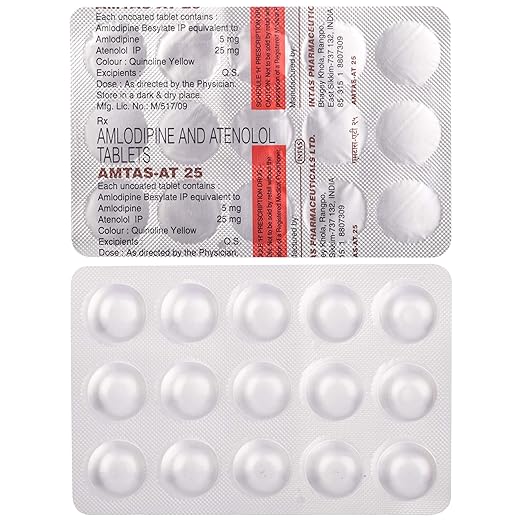
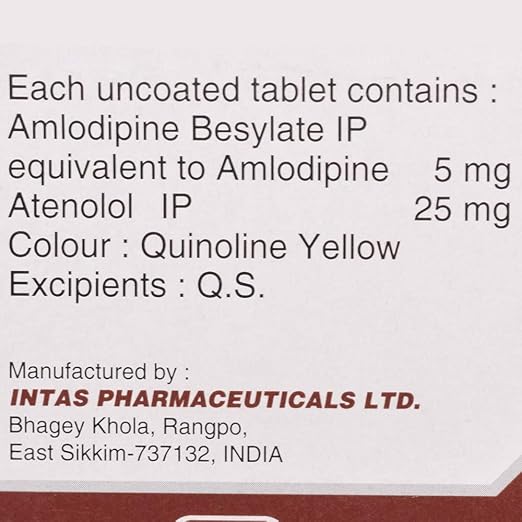
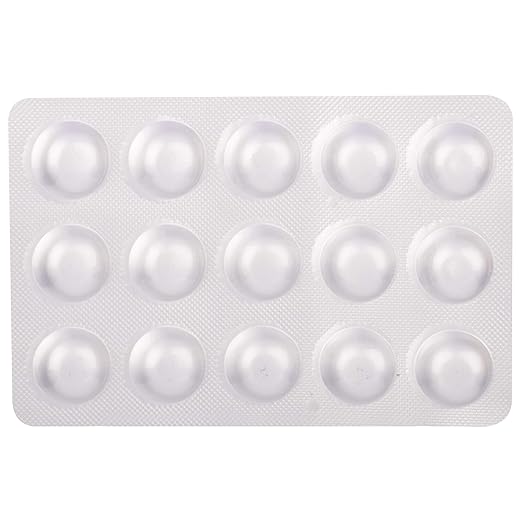
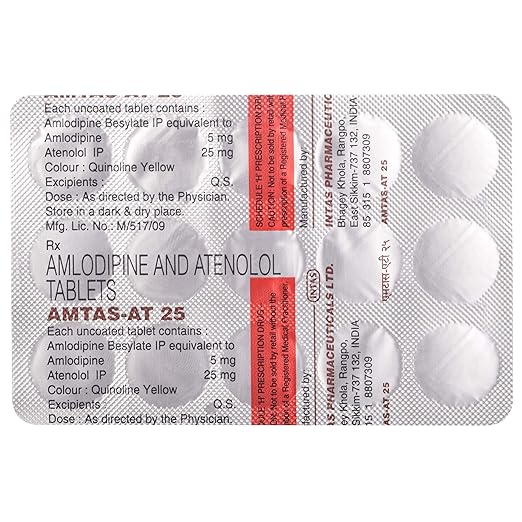

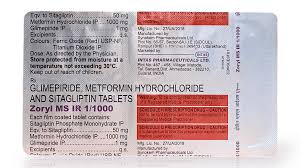
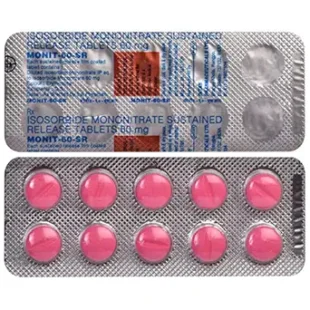
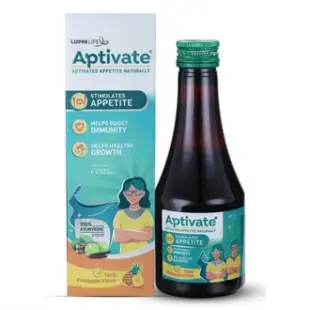
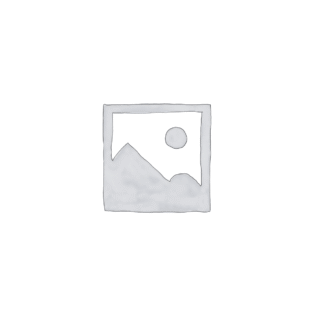
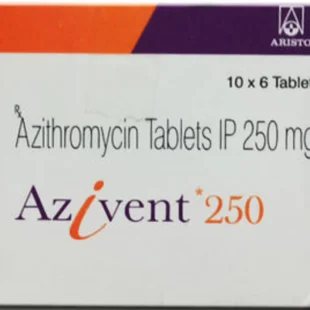
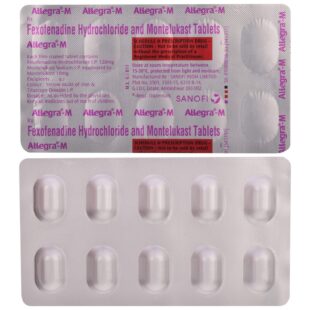
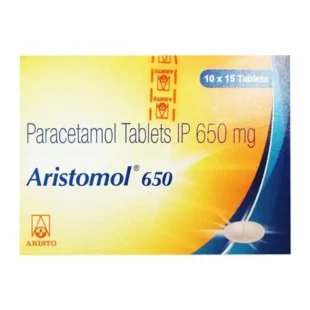
Reviews
There are no reviews yet.